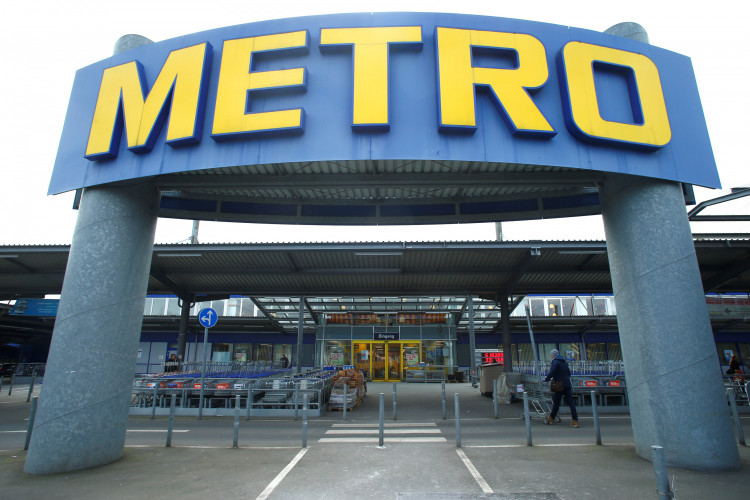German wholesaler Metro recently confirmed that the company is looking for partners in the domestic Chinese market. The wholesaler said that it is currently in talks with banks as it tries to leverage China's decision to open it largely untapped market to the international enterprises.
In a report by Bloomberg, Metro said that it is working banks including JP Morgan and Citi as it tries to evaluate its options for establishing a separate business unit in China. The report added that Metro is seriously considering selling a minority stake or find a strategic partner in China in order to help its push into the region. Despite this, the company did not make a formal decision about this upcoming expansion and declined to comment about the topic further.
Both Citi and JP Morgan declined to comment about this latest development regarding Metro's expansion plan.
Should Metro be successful with its expansion plan, any funding will add to the company's $101.2 billion worth of deals which are all targeted towards the Chinese consumer industry just for this year alone.
Metro was once the most dominant brand in Russia. However, as the company's profit and market share continue to drop, the company bet its future in the more lucrative Chinese market despite the hurdles it is set to take. Evidence to Metro's dwindling market presence is the fact that the company's share prices have dropped by as much as 24 percent in 2017 alone.
As of this writing, Metro has 93 stores scattered around China. The German wholesaler added that its sales in Asia have gone up by 2.9 percent during the first nine months of the year compared to its previous year's market performance. This excellent market presence translates to about $2.9 billion worth of revenue from the Chinese market alone.
Metro was once a major player in the retail industry. However, the company has been aggressively restructuring its core business in recent years in order to focus more on the cash-and-carry market. As part of this restructuring strategy, the company sold its Kaufhof department stores and then split its business from consumer electronics consortium Economy.
Despite all these rather rocky moves, many market analysts are positive that Metro will push its restructuring strategy even further than originally anticipated. Part of this prediction is that fact that the company had received investment from Czech investor Daniel Kretinsky, which just a month ago announced its plan to sell the rather struggling Real hypermarket chain.





